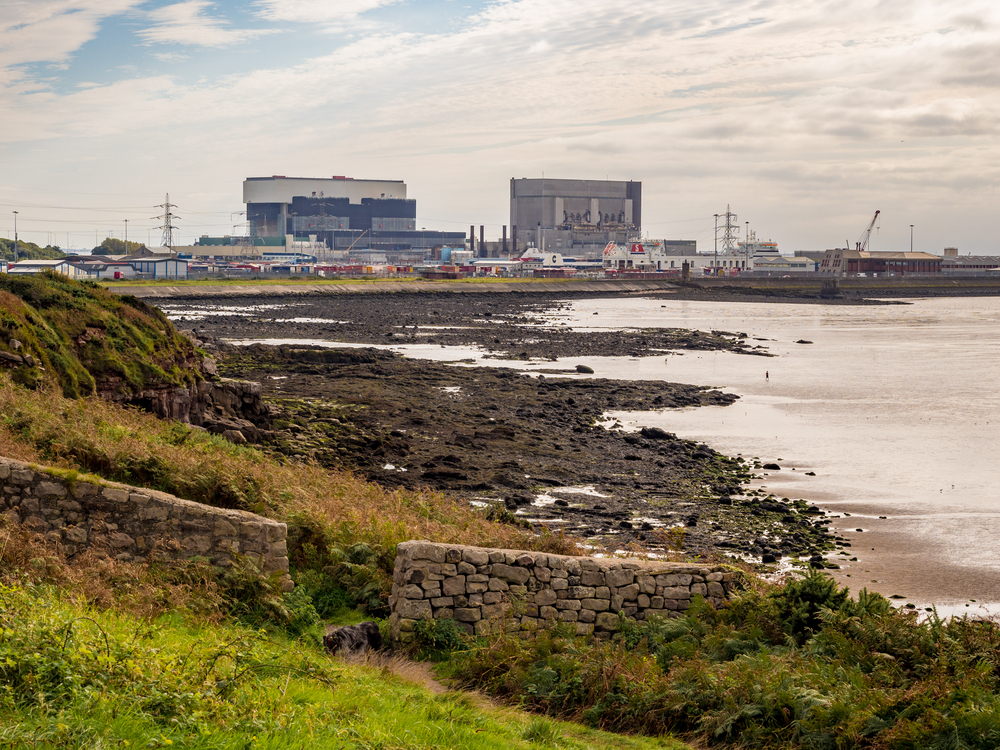More extensions have been confirmed as the UK’s two nuclear power plants, Heysham 1 and Hartlepool, are seeing improved energy security in the UK.
Heysham 1 and Hartlepool are expected to generate electricity until March 2028.
Currently, there is no change to the expected March 2030 closure date of Heysham 2 and Torness announced in December 2024.
These stations provide home-made low-carbon electricity to power more than 4 million homes a year, reducing the need for fossil fuels and supporting the UK’s ambitions for a clean and safe energy supply.
The role of nuclear power plants in diversifying energy systems.
“The extension of Highsham 1 and Hartlepool is great news as the UK needs more reliable and affordable zero carbon electricity,” said Chris O’Shea, group chief executive of Centrica, which has a 20% share of the two nuclear power plants.
“We believe in having a diversified energy system, and nuclear power will play a key role in ensuring stability and sustainability over the next decades.”
Centrica has long been interested in its existing nuclear portfolio in the UK. The total life extension, announced in December 2024, is projected to add approximately 12 TWH to the company’s generation between 2026 and 2030, with three TWHs attributed to the expansion announced today.
Following the success of Sizewell c
This follows Centrica’s recently announced strategic investment in the UK’s nuclear infrastructure. This involves a 15% stake in Sizewell C, a new 3.2 GW nuclear power plant under construction in Suffolk, southeastern UK, and commits £1.3 billion in construction funds.
Under this agreement, the UK government will acquire the first 44.9% stake in Sizewell C, becoming the largest single investor in the project. This means that UK citizens will directly share the benefits of this important infrastructure.
At the height of construction, Sizewell C directly supports 10,000 jobs, creating thousands more across the UK supply chain.
The project also includes 1,500 apprentices, providing valuable training opportunities for the next generation of workers.
It is expected that 70% of the construction value will be awarded to British companies, with Sizewell C Ltd estimated that 3,500 UK companies will be involved nationwide. This will greatly improve regional and national economic development.
Once commissioned, the new station will provide the UK with zero carbon baseload power to support the UK’s long-term decarburizing journey for at least the next 60 years.
The future of investment in low carbon technologies
O’Shea concluded: “Long-standing involvement in the UK’s nuclear industry is the investment in UK energy independence and thousands of high quality jobs.
“Recent investments in Sizewell C and Grain Island LNG Terminal further underline our commitment to securing the UK’s energy future through a variety of low-carbon technologies.”
Source link

